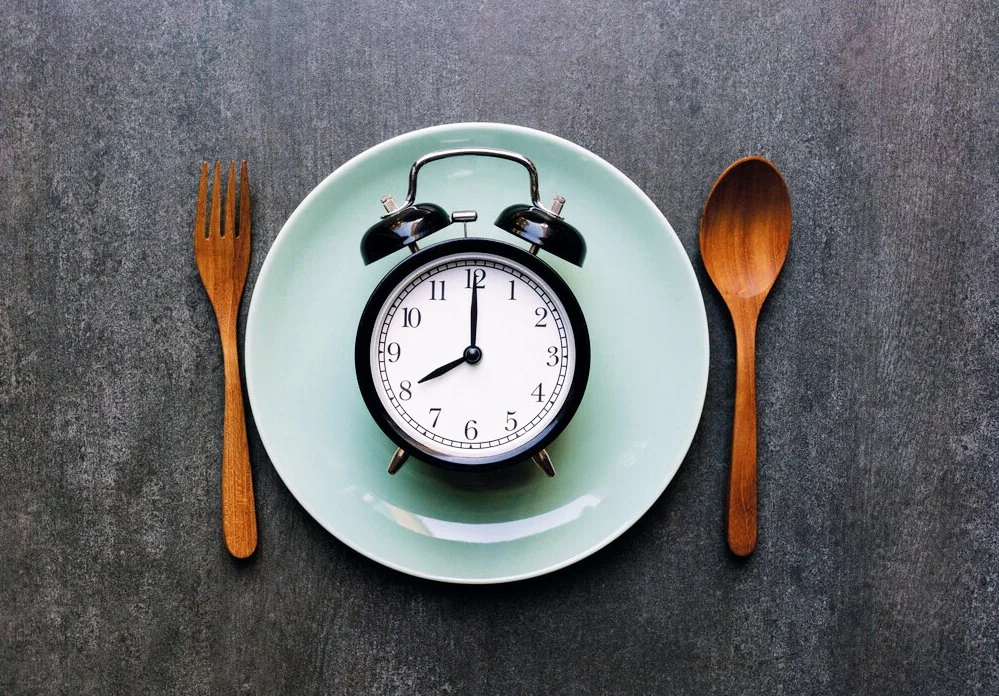The following are 8 evidence-based health benefits of intermittent fasting (IF):
1: There is a significant positive impact on insulin levels and human growth hormone (HGH) levels. While IF has been found to decrease insulin levels, HGH will increase. This all facilitates fat burning. IF in turn has a positive impact on reversing insulin resistance.
2: IF has been found effective in helping you lose weight but even more important is losing visceral fat. Visceral fat is the harmful fat in the abdominal cavity that causes disease. Short-term fasting actually increases your metabolic rate, helping you burn even more calories.
3: Several studies show that intermittent fasting may enhance the body's resistance to oxidative stress.
4: Intermittent fasting has been found to be effective in reducing inflammation. Mount Sinai researchers found that fasting reduces inflammation and improves chronic inflammatory diseases without affecting the immune system's response to acute infections.
5: Intermittent fasting has been found to be beneficial for heart health. Lowering triglycerides, LDL and lowering blood pressure are just few of the cardiovascular benefits.
6: Promising evidence from animal studies indicates that intermittent fasting or diets that mimic fasting may help prevent cancer.
7: IF shows promise in improving brain health. There is strong evidence that forms of intermittent fasting can delay the onset and progression of Alzheimer's disease and Parkinson's disease in animal models. "In animal studies, intermittent fasting has been shown to increase longevity, improve cognitive function and reduce brain plaque as compared with animals fed a regular diet,” said Allan Anderson, MD, Director of the Banner Alzheimer's Institute in Tucson.
8: One of the most exciting applications of intermittent fasting may be its ability to extend lifespan. In the one study researchers zeroed in on how fasting impacts life span. About 2,000 people who had undergone a cardiac catheterization procedure were followed for an average of 4.4 years, including 389 "routine fasters" who had been fasting regularly for at least five years. After adjusting for various factors, researchers discovered the routine fasters had a 45% lower mortality rate than the non-fasters during the follow-up period.
I have been eating this way for over 3 years, with amazing results. It’s best to start slow, 12 hours of eating and 12 hours of fasting is not very hard to get your feet wet. Over a few months, slowly shorten the eating window to 8 hours for men and 10 hours for women. I prefer to have my first meal about an hour after drinking 1 cup of coffee with grass fed butter (frothed). Drinking coffee with fat helps jump start my brain and keeps me full until around 9am. I then eat every 4 hours (no snacking) to give my digestion a break between meals. I eat lunch at 1 and then dinner at 6pm. To really optimize this window and assist in deep sleep, I avoid eating anything after my 6pm meal, so I have a solid 4 hours of no food before bed. If you struggle with sleep, this is a game changer!
Compliments from Functional Medicine University

